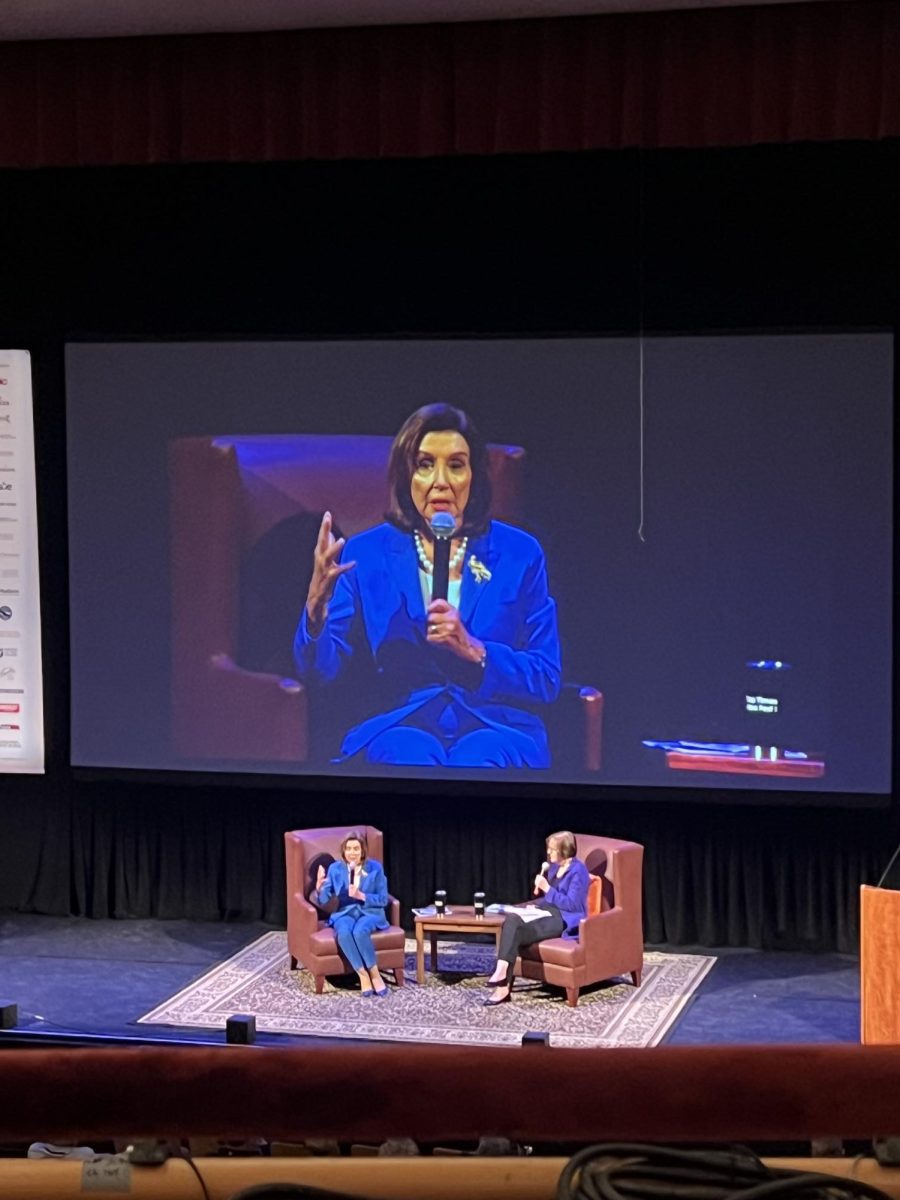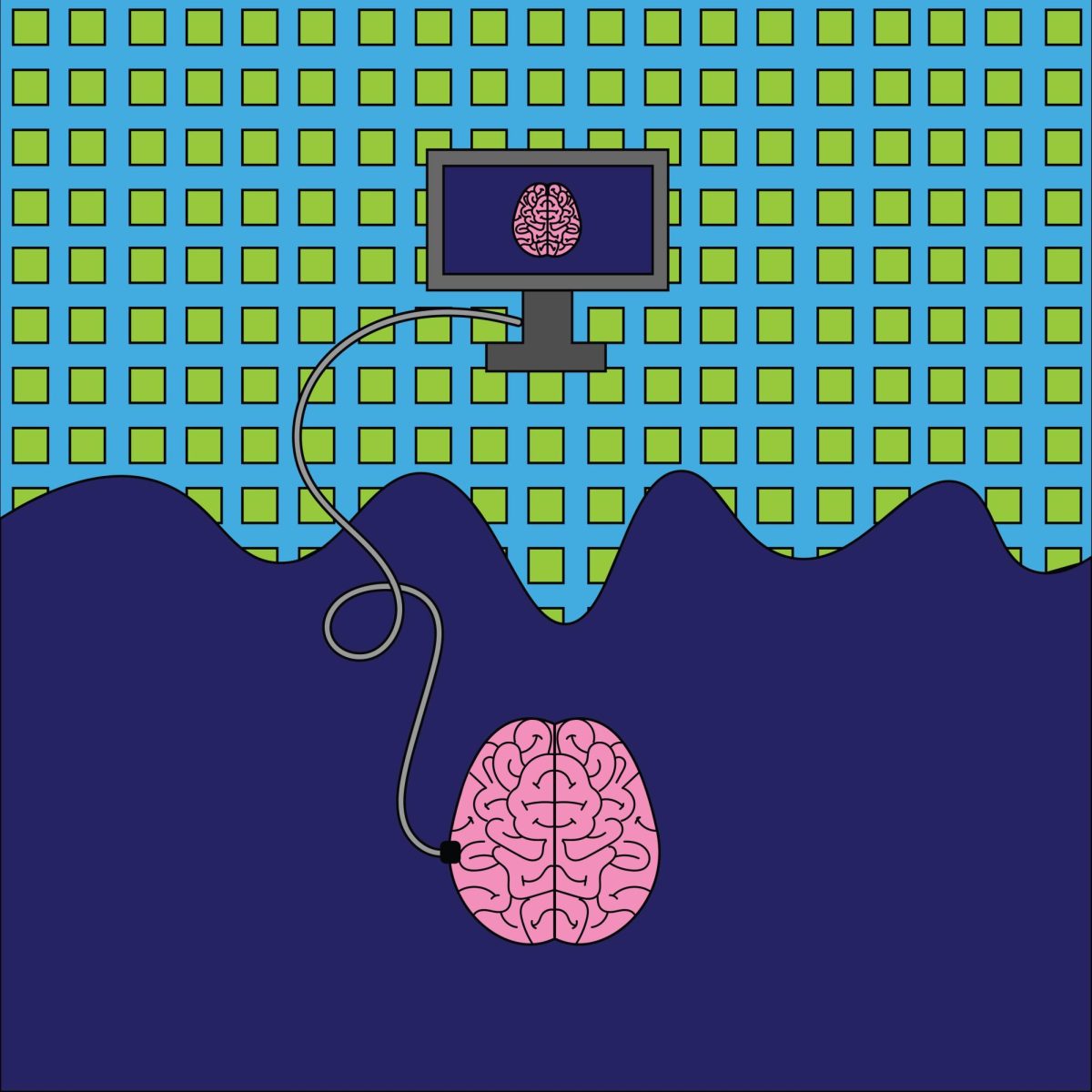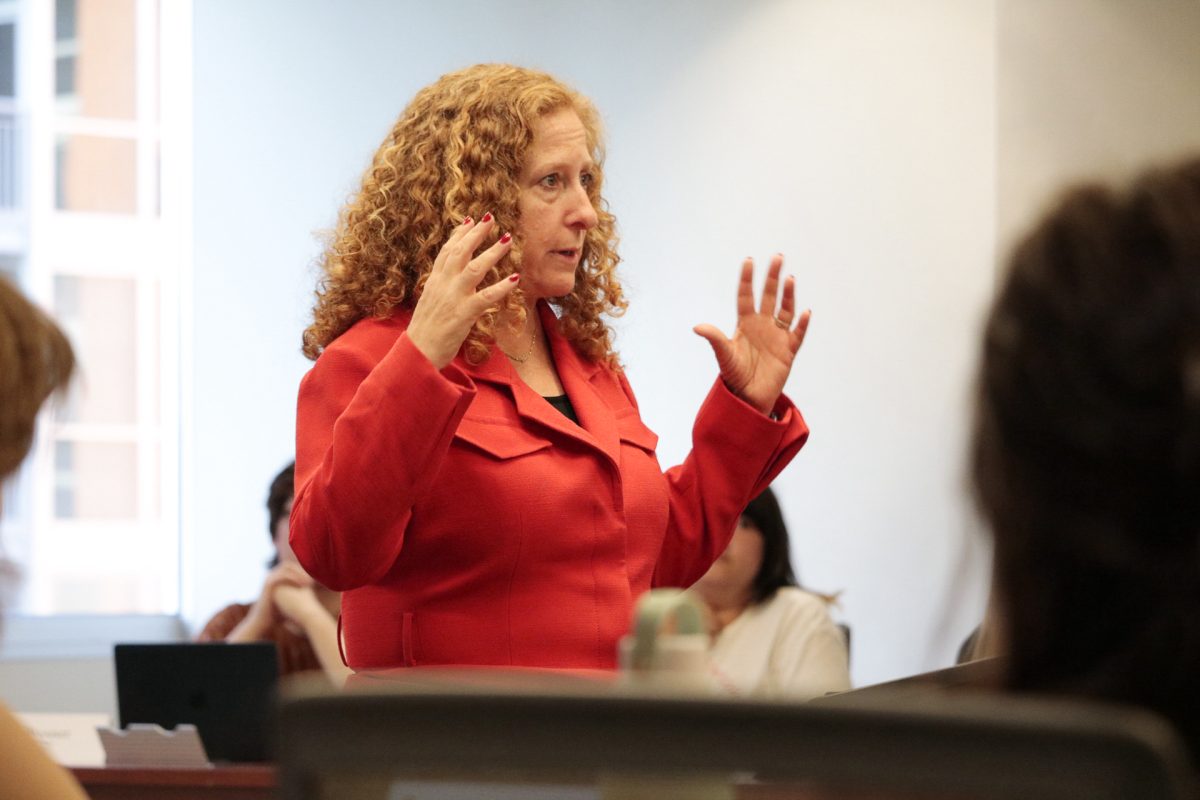Last Tuesday, the Wisconsin Assembly advanced what some see as one of the most important debates in the state's history. Lawmakers decided in a 62-31 vote to allow Wisconsin residents to vote on whether the state's Constitution will be amended to ban gay marriages and civil unions come this November.
Already, the largely partisan vote has resulted in the mobilization of advocacy groups on both sides of the issue.
However, the possible effect of a constitutional change is not limited to just advocacy groups and legislators — but also the University of Wisconsin.
As the university continues to try to stay competitive, it worries how the amendment may affect faculty and staff it hopes to recruit and retain — faculty like former UW sociology professor Larry Wu.
"I have to admit it is galling in some respects to be a full professor, having been at Wisconsin for about 15 years, and not have the same sort of benefits … that were available to a simple staff member," Wu, a gay man, said. "It was a case in which I felt I was being treated differently."
Wu and his partner, who live together in New York, did not have access to those benefits which exist for heterosexual married couples. He left the university partly because these benefits were not open to him.
Wu, like others at UW, is worried a change in the state's Constitution would severely hurt the university's recruitment and ability to retain star faculty and administrators.
The Issue
In November 2003, the Massachusetts Judicial Supreme Court ruled gay and lesbian couples should have the right to marriage.
Though a victory for gay rights activists, the decision resulted in 19 other states passing constitutional amendments that defined marriage as between man and woman.
Wisconsin is now poised to follow suit.
According to the amendment's author, Rep. Mark Gundrum, R-New Berlin, the passing of an amendment is an effort to prevent activist judges, like those from Massachusetts, from legislating from the bench.
"Without this amendment, I'm very sure gay marriage will be legalized from the bench if we don't get this passed," Gundrum said.
Gundrum and his supporters argue marriage must be protected in its traditional sense: between man and woman.
"[Gay marriage] is just not marriage, since the dawn of time it hasn't been marriage, it won't be marriage a few thousand years from now," Gundrum said. "We've got thousands of years of discussion that says marriage is between man and woman."
However, the hotly contested debate over gay marriage has not limited dissenters from speaking out against the marriage ban.
Rep. Mark Pocan, D-Madison, said the "odd" proposal put family law into the state Constitution.
"This is the first time we've ever tried to take away people's rights," Pocan, the only openly gay member of the Assembly, said. "They went too far in trying to ban same-sex marriages."
Currently, gay marriage is not allowed under state statutes. Both sides of the issue point to this fact when justifying their claims.
According to Mike Prentiss, spokesperson for Sen. Scott Fitzgerald, R-Juneau, Wisconsinites should not worry since this ban has always existed in state law, though not as an amendment.
"We felt this was something we needed to do to move current definition [of one man and one woman] … to be put in the Constitution to sort of lock it in and prevent it from being overturned by a judge," Prentiss said.
Still, Pocan noted since gay marriage was already illegal in statutes, it didn't make sense to make a change to the Wisconsin Constitution.
"We could go back and make [changes] two or three times in the Constitution … that doesn't make any sense," Pocan said. "The arguments they've used are far more along the lines of being discriminatory or being political to the edge of not having relevance to policy."
Others argued the amendment change was simply "anti-constitutional."
Rep. Gregg Underheim, R-Oshkosh, the only GOP representative to vote against the marriage ban, said amendments to the constitution serve a limited role, one of which is to protect individuals in a wide variety of ways by limiting the government.
"[This amendment] is a limitation on people, and as such, it changes the nature of the Constitution," Underheim said. "It goes from limiting constitutions to limiting people, and that is a very significant line to cross."
UW Recruitment and Retainment in Danger?
In most situations, UW does not have a stance on broad social issues. However, the marriage ban amendment would have a serious and direct campus impact.
According to UW Chancellor John Wiley in a March 1 interview, efforts to recruit and retain star faculty and staff could be seriously hindered.
"We're going to shrink our pool further," UW spokesperson John Lucas said.
In addition, UW remains the only Big Ten university to not offer domestic partner benefits.
Wiley said that potential candidates have already turned down possible positions at the university in light of a lack of domestic partner benefits.
Wu, who now serves as sociology department chair at New York University, said he left UW in 2003 partly because the university is not able to offer extended benefits to same-sex domestic partners because of reluctance from legislators.
"Certainly over the years, you know, it had its impact on me and my partner financially," Wu said. "I think it does put UW-Madison and other UW campuses at a real disadvantage … It's highly unfortunate, it's a great university."
Additionally, losing UW faculty or staff could potentially have a significant impact on the success of the university.
For instance, Wu — with 15 years of service to UW — was able to bring in $2 million to the state through federally funded grants.
"I think [the university] has greatly benefited the state and its citizens and the state economy, and it has to battle very hard to stay competitive," Wu said. "I think it unwise to put yet another competitive disadvantage on the university."
However, opponents say the UW should not worry over the marriage ban as damaging to the UW community.
Julaine Appling, executive director of the pro-ban Family Research Institute of Wisconsin, said she did not believe a significant number of UW faculty and staff would make a decision to leave UW. Instead, she believed other well-qualified candidates would be eager to come to UW.
"I think it's grossly unfair that this very small but very vocal group of people live with a redefinition of marriage that we don't live with, and we don't think is unacceptable. I think that's unfair," Appling said.
Still, Ingrid Ankerson, a spokesperson for the anti-ban Fair Wisconsin campaign, said the ban would further disadvantage the university.
"You have a talented faculty member who is gay and maybe get an offer from another Big Ten university," Ankerson said. "I think they would probably choose that over Wisconsin."
It is unclear how the vote will turn out in November, as it appears to stand in a virtual coin-toss.
According to Fair Wisconsin polls, 60 to 65 percent of Wisconsinites support civil unions or marriage for gay or lesbian couples.
However, Appling presented 2004 evidence from the Wisconsin Coalition for Traditional Marriage, which said 60 percent of Wisconsin residents would support the ban as it was read to them.
Regardless of what side students stand on, UW interim dean of students Lori Berquam said students have a responsibility to vote in November.
"This campus can sway the state, all the UW campuses can sway the vote. That's powerful, that's student activism," Berquam said. "We really have to acknowledge what impact it has on our colleagues, what impact it has on our students [and] what impact it has on students and their families. And not just now at the moment, but in the future."












